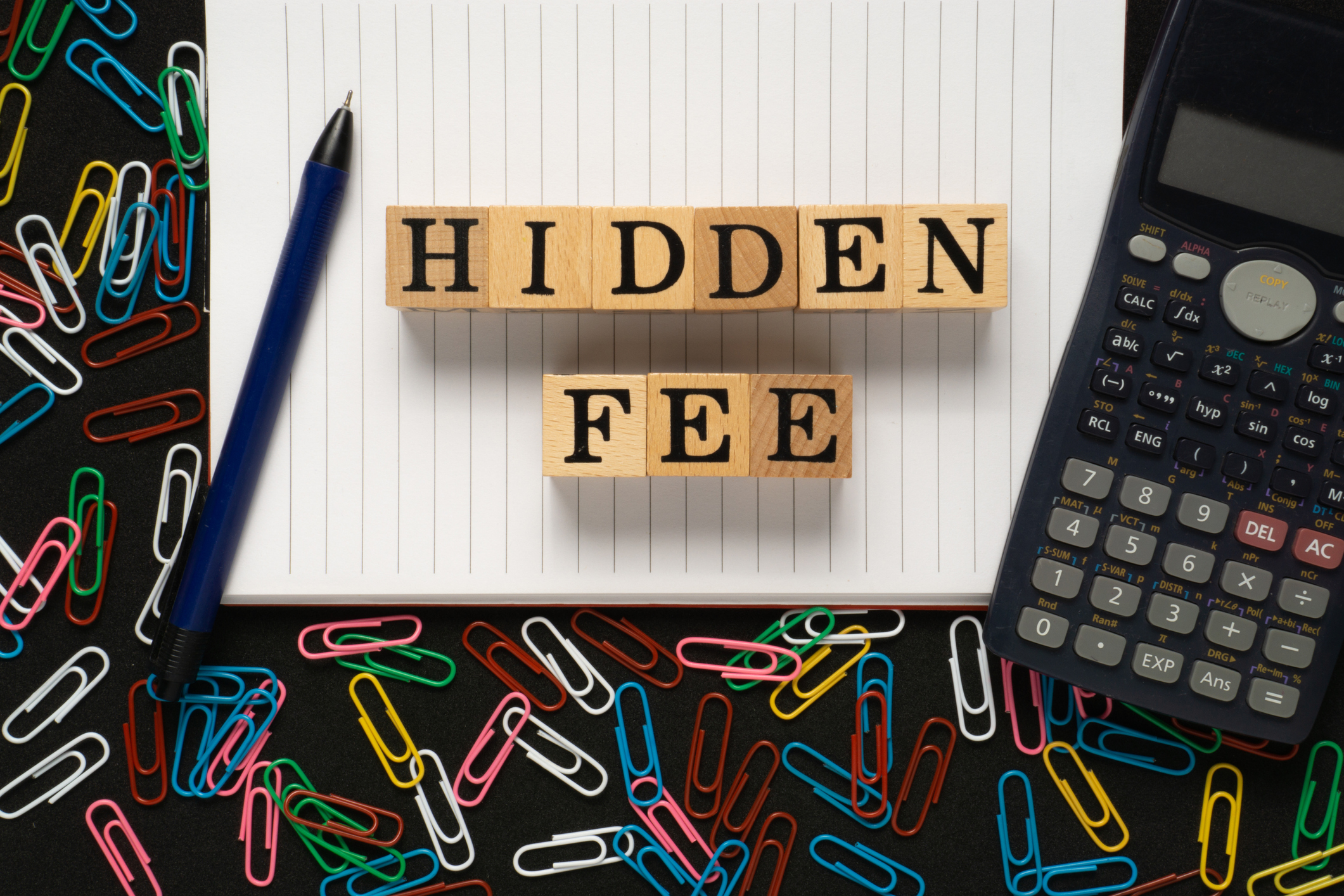A health insurance premium is the amount you pay each month to keep your coverage active. Your health insurance premium is just one way you pay for your healthcare costs. In this article, we'll explain the basics of health insurance premiums, how they work, and how they fit in with your other healthcare costs.

What is a health insurance premium?
A health insurance premium is the up-front cost you pay, typically on a monthly basis, to maintain your health coverage. Since you pay your premium each month, even if you don't need medical treatment, it may be the number you pay the most attention to when you sign up for your plan.
But premiums aren't the only healthcare costs you incur if you have health insurance. In addition to premiums, most plans also have:
- Deductibles: The amount you pay out of pocket before your insurance company starts to pay for care. Most plans have separate deductibles for in-network services and out-of-network services.
- Coinsurance: The percentage of costs you're responsible for once you've hit your annual deductible. Suppose you have a plan with a $3,000 deductible and 20% coinsurance. If you were to need surgery that costs $10,000 and hadn't incurred any previous medical expenses for the year, you'd pay the first $3,000 plus 20% of the remaining $7,000 ($1,400) for a total of $4,400.
- Copays: Flat fees that typically apply to doctor visits and prescriptions.
Typically, plans with higher premiums come with lower deductibles, coinsurance, and copays; plans with lower premiums have higher out-of-pocket costs.
How are health premiums determined?
Under the Affordable Care Act, insurers can consider only five factors when you're buying a plan through the Marketplace: Your age, location, whether you're a tobacco user, whether you're buying individual or family coverage, and the category of the plan you choose.
Marketplace plans have five categories: bronze, silver, gold, platinum, and catastrophic. Of the non-catastrophic plans, bronze plans typically have the lowest premiums and highest out-of-pocket costs, while platinum plans have the highest premiums and lowest out-of-pocket costs.
Insurers can't consider your health status, medical history, past claims, or gender in determining your premiums.
For employer-sponsored health plans, the rules vary based on whether the employer is classified as small (typically defined as one to 50 employees) or large (more than 50 employees).
Insurers can consider participants' ages, tobacco usage, and business location when setting group premiums for small groups. However, they can't consider the group's medical claims history, participant health status, or the industry or business type of the group. In setting rates for large groups, though, insurers can consider the group's past medical claims and the type of business.
Most employers pay a portion of premiums, so getting a healthcare plan through your or your spouse's job is often the cheapest way to get coverage.
Should you choose health insurance with a low premium?
Choosing a plan with low premiums can be a good option if you don't get sick frequently, require care from specialists, or take many medications. If you only need to visit the doctor occasionally, you can often afford the higher deductibles and other out-of-pocket costs common with low premiums.
However, if you have health issues or know a big medical expense is coming up (for example, you're hoping to get pregnant, or you know you'll need surgery), you may benefit from choosing a plan with higher premiums so you'll spend less money out of pocket.
Related investing topics
Example of how health premiums work
Suppose you get health coverage through your job. The annual premium is $6,000, but your employer covers 80% of the premium, so you're only responsible for $1,200 per year, or $100 each month.
That $100 will be deducted from your paycheck each month, even if you never go to the doctor or use any health services. If the same plan had a $2,000 deductible and 20% coinsurance, you'd pay the first $2,000 for healthcare, then your insurer would pay 80% of the costs for most healthcare; you'd pay the remaining 20%.

















